Review de Black Panther: La película que me hizo cambiar [Esp/Eng]
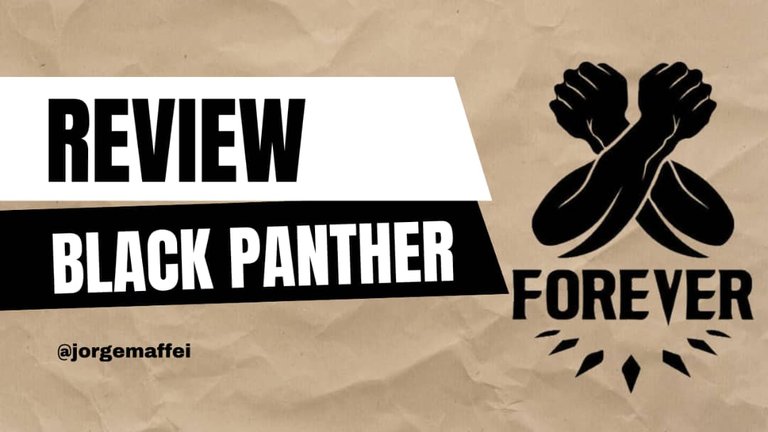
Hola amigos!! les haré un review y les contare mi historia con la película Black Panther de Marvel (2018)
La primera vez que vi Black Panther fue un domingo por la tarde en el cine de Cumaná. Cuando al fin comenzó la película, entendí por qué. En los siguientes 134 minutos, Ryan Coogler no solo entregó una obra maestra del cine de superhéroes, sino un manifiesto visual sobre identidad, poder y herencia cultural. Lo que hace a Black Panther única es cómo entrelaza tres capas narrativas: como estudio de personajes, como épica política africana y reflexión. Esta tridimensionalidad es rara en el género, y merece un análisis detallado.
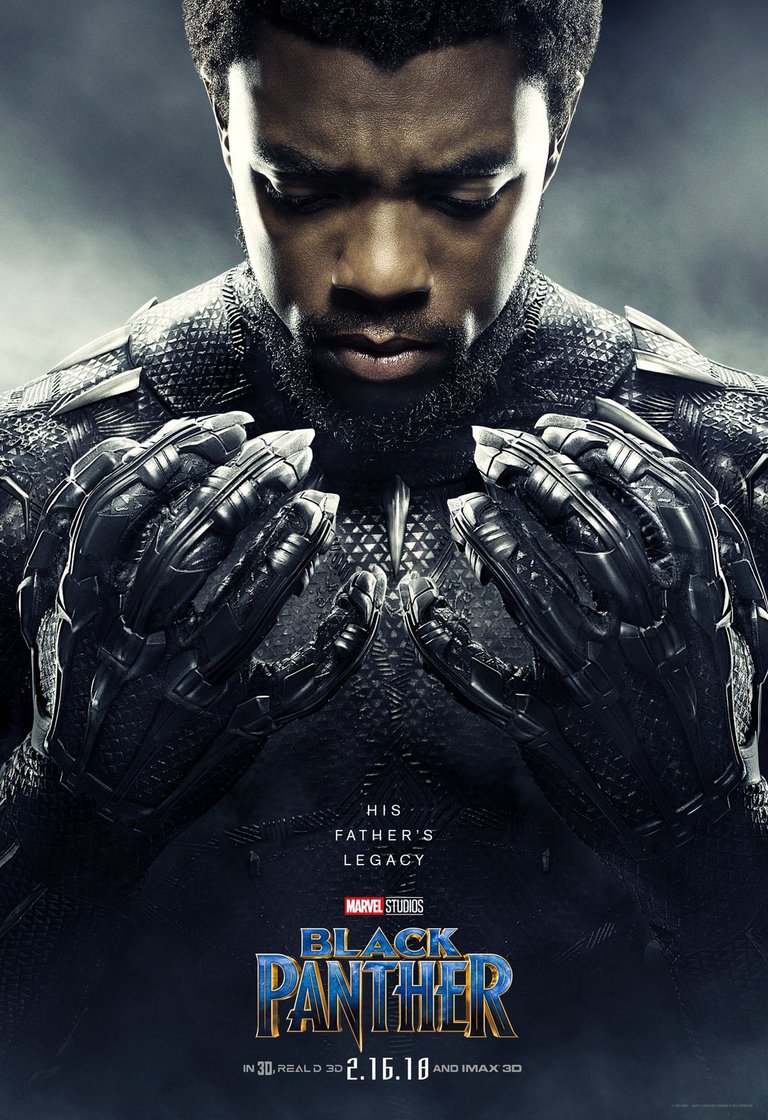
Wakanda emerge desde su primera aparición como un personaje más. La escena del niño jugando baloncesto en Oakland se funde con las montañas nevadas de este reino escondido, estableciendo inmediatamente el conflicto central: la tensión entre el África real y el África imaginada. La ciudad capital, con sus rascacielos en forma de choza tribal y trenes magnéticos surcando paisajes, es un logro de diseño sin precedentes. Cada detalle, desde los patrones textiles hasta los murales en las paredes, cuenta una historia.
T'Challa, interpretado con una dignidad por Chadwick Boseman que en paz descanse, rompe el molde del héroe marvelita tradicional. Su viaje no es sobre adquirir poder, sino sobre aprender a ejercerlo. La secuencia de coronación en las Cataratas del Rey lo demuestra: mientras lucha por su título, también libra una batalla interna sobre qué tipo de líder será. Su conflicto con Killmonger trasciende lo personal "¿Cómo puede Wakanda ser tan egoísta?", la película plantea preguntas incómodas sobre responsabilidad global que ningún otro film del MCU había osado tocar.
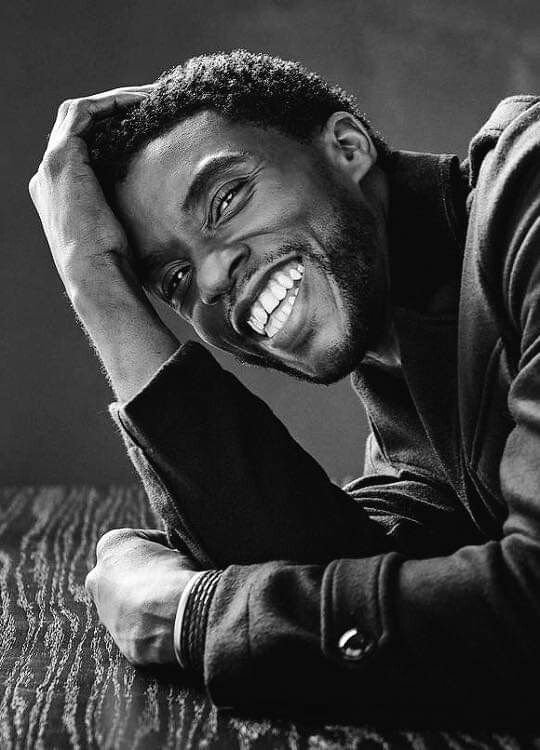
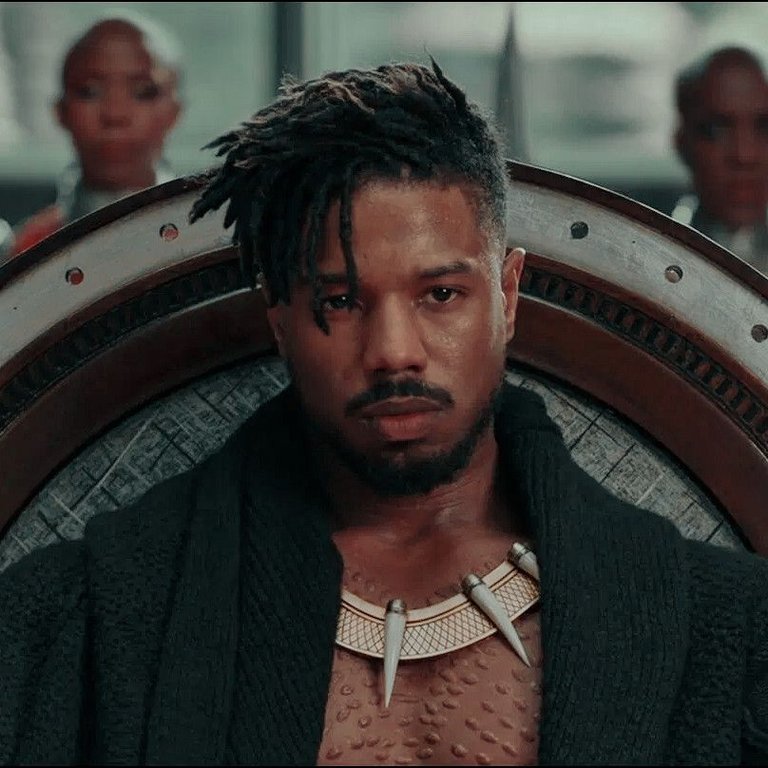
Erik Killmonger (Michael B. Jordan) es el villano más humanizado de Marvel, y su introducción en el museo británico es una obra maestra de escritura. Al reclamar el hacha tribal exhibida como trofeo colonial, Coogler invierte la mirada eurocéntrica tradicional. Su famoso discurso: "Enterraron a los míos en el océano... ahora me hundo con ellos", condensa siglos de dolor diaspórico en 15 segundos. Lo genial es que la película le da la razón en sus premisas (el aislamiento wakandiano sí fue cómplice), aunque no en sus métodos.
El elenco femenino redefine lo que significa ser fuerte. Shuri, brilla como genio tecnológica sin caer en clichés de "nerd antisocial". Okoye,(personifica lealtad crítica: cuando dice "Sería una muerte honorable para mi rey", pero luego elige desobedecer, muestra una moral compleja. Nakia, rechaza ser interés romántico pasivo; su activismo es motor narrativo. Las Dora Milaje, con sus movimientos coreografiados basados en artes marciales africanas, son el mejor ejército filmado en años.
La banda sonora fusiona tambores. El tema de Killmonger incorpora sonidos de cadenas para reflejar su herencia esclavizada. Cada elección musical refuerza la tesis de la película.
El plano ancestral donde T'Challa habla con su padre bajo un árbol de baobab es quizás la secuencia más poética del MCU. La fotografía de Rachel Morrison usa tonos púrpuras para el presente y dorados para el más allá, creando una mitología visual única. El CGI de Wakanda (a diferencia de otros Marvel) se siente orgánico.
La tragedia de Chadwick Boseman añade capas de significado. Su actuación como un rey enfrentando su mortalidad ahora parece premonitoria. El tributo "Wakanda Forever" se convirtió en gesto global de duelo y resistencia.
Black Panther funciona como entretenimiento, pero su legado es político. Al imaginar un África no colonizada, nos obliga a confrontar lo que el colonialismo robó. Al mostrar tecnología africana, desafía estereotipos. Al humanizar a su villano, complica nuestra noción de justicia. Es raro que una película de superhéroes inspire debates en universidades y parlamentos, pero aquí estamos.
Cuando T'Challa dice "Wakanda ya no se esconderá", habla también para Hollywood. El éxito de la película, probó que las historias diversas tienen audiencia global. Su secuela, pese a la muerte de Boseman, sigue explorando estos temas con igual profundidad.
En mi experiencia personal, esta fue la primera vez que salí del cine sintiendo que algo había cambiado. No solo en la industria, sino en mí. Como latinoamericano.
Esta pelicula me encanto y me encanta demasiado, la cual hoy en día considero la mejor y mi película favorita
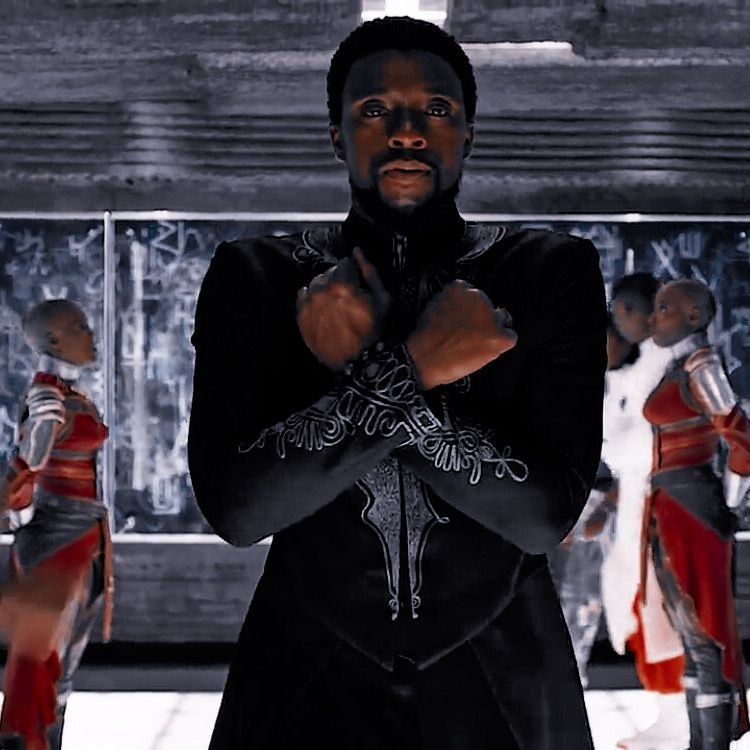
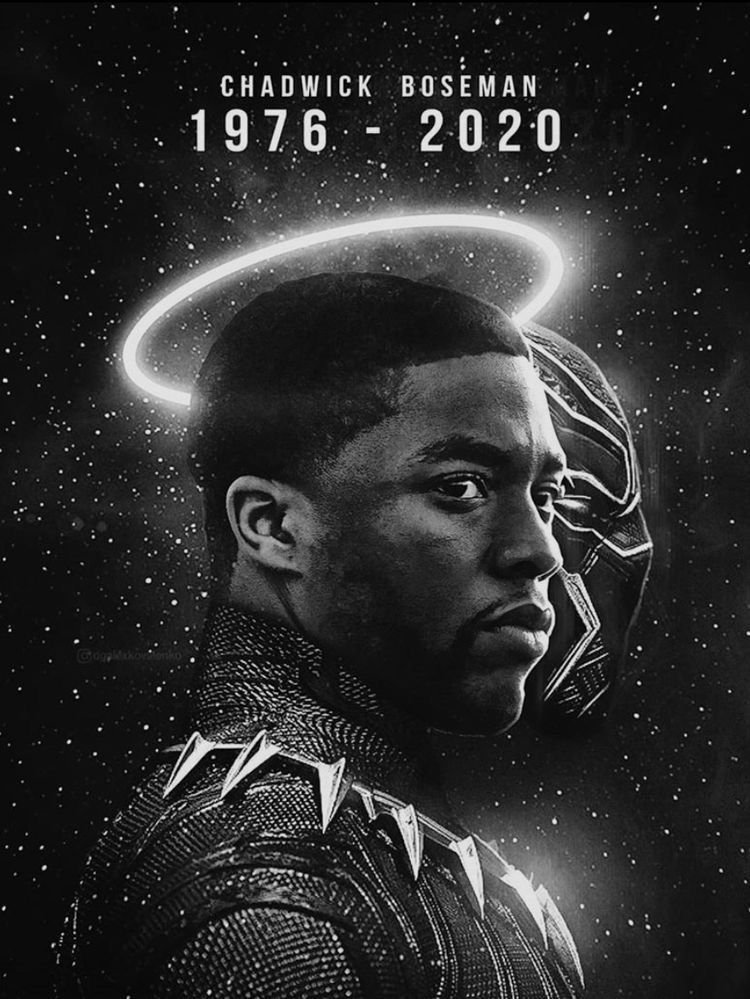

Hello friends!! today I'll do a review and tell you my story with the movie Black Panther by Marvel (2018)
The first time I saw Black Panther was on a Sunday afternoon at the cinema in Cumaná. When the movie finally started, I understood why. In the following 134 minutes, Ryan Coogler not only delivered a masterpiece of superhero cinema but also a visual manifesto about identity, power and cultural heritage. What makes Black Panther unique is how it intertwines three narrative layers: as character study, as African political epic and reflection. This three-dimensionality is rare in the genre and deserves detailed analysis.

Wakanda emerges from its first appearance as another character. The scene of the boy playing basketball in Oakland blends with the snow-capped mountains of this hidden kingdom, immediately establishing the central conflict: the tension between real Africa and imagined Africa. The capital city, with its skyscrapers shaped like tribal huts and magnetic trains crossing landscapes, is an unprecedented design achievement. Every detail, from textile patterns to wall murals, tells a story.
T'Challa, portrayed with dignity by Chadwick Boseman (may he rest in peace), breaks the mold of traditional Marvel heroes. His journey isn't about gaining power but learning to wield it. The coronation sequence at Warrior Falls demonstrates this: while fighting for his title, he also battles internally about what kind of leader he'll be. His conflict with Killmonger transcends the personal: "How can Wakanda be so selfish?" The film raises uncomfortable questions about global responsibility that no other MCU film had dared to address.


Erik Killmonger (Michael B. Jordan) is Marvel's most humanized villain, and his introduction at the British Museum is a writing masterpiece. By claiming the tribal axe displayed as colonial trophy, Coogler inverts the traditional Eurocentric gaze. His famous speech: "Bury me in the ocean with my ancestors...", condenses centuries of diasporic pain into 15 seconds. The brilliance is that the film agrees with his premises (Wakanda's isolation was complicit), though not his methods.
The female cast redefines what it means to be strong. Shuri shines as technological genius without falling into "antisocial nerd" clichés. Okoye personifies critical loyalty: when she says "It would be an honorable death for my king" but then chooses to disobey, she shows complex morality. Nakia refuses to be a passive romantic interest; her activism drives the narrative. The Dora Milaje, with movements choreographed based on African martial arts, are the best army put to film in years.
The soundtrack blends drums. Killmonger's theme incorporates chain sounds to reflect his enslaved heritage. Every musical choice reinforces the film's thesis.
The ancestral plane where T'Challa speaks with his father under a baobab tree is perhaps the MCU's most poetic sequence. Rachel Morrison's cinematography uses purple tones for the present and gold for the afterlife, creating unique visual mythology. Wakanda's CGI (unlike other Marvel films) feels organic.
The tragedy of Chadwick Boseman adds layers of meaning. His performance as a king facing mortality now seems prescient. The "Wakanda Forever" tribute became a global gesture of mourning and resistance.
Black Panther works as entertainment, but its legacy is political. By imagining an uncolonized Africa, it forces us to confront what colonialism stole. By showing African technology, it challenges stereotypes. By humanizing its villain, it complicates our notion of justice. It's rare for a superhero film to inspire debates in universities and parliaments, but here we are.
When T'Challa says "Wakanda will no longer hide," he's also speaking to Hollywood. The film's success proved that diverse stories have global audience. Its sequel, despite Boseman's death, continues exploring these themes with equal depth.
In my personal experience, this was the first time I left the cinema feeling something had changed. Not just in the industry, but in me. As a Latin American.
I loved this movie and I love it so much, which today I consider the best and my favorite movie.

Congratulations @jorgemaffei! You have completed the following achievement on the Hive blockchain And have been rewarded with New badge(s)
Your next target is to reach 600 upvotes.
You can view your badges on your board and compare yourself to others in the Ranking
If you no longer want to receive notifications, reply to this comment with the word
STOPCheck out our last posts:
Leyéndote veo que la analizaste de principio a fin, que bueno, que hayas salido satisfecho, aunque no veo muchos películas de cine, mas veo televisión y las mismas siempre, jejeje.
Y que no soy amante de las películas de super héroe, si me gustan las películas africanas y que cuenten una historia interesante como seguramente la tiene esta película.
Wow, this is an amazing review. Funny enough, I was not and have not been able to see the values you outlined. I guess I just watched the movie without paying enough attention to important details. Well done my friend, and thank you for sharing.
Muchas gracias por tu respuesta, si es mi película favorita y ya la he analizado incontables veces y siempre me deja fascinado
De nada amigo, supongo que tendré que seguirte para más reseñas de esta índole. Bien hecho amigo
Nunca me ha gustado las pelis de súper héroes, pero esta es completamente diferente en todo sentido. Es de mis favoritas.